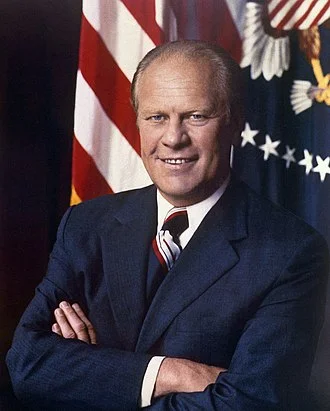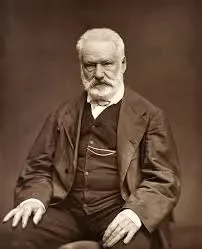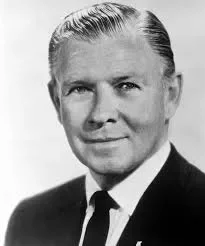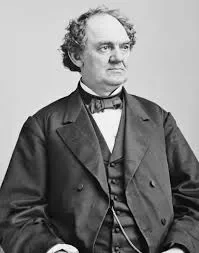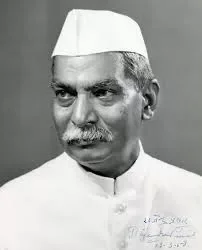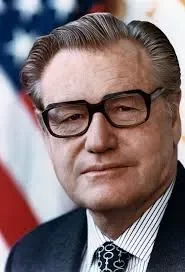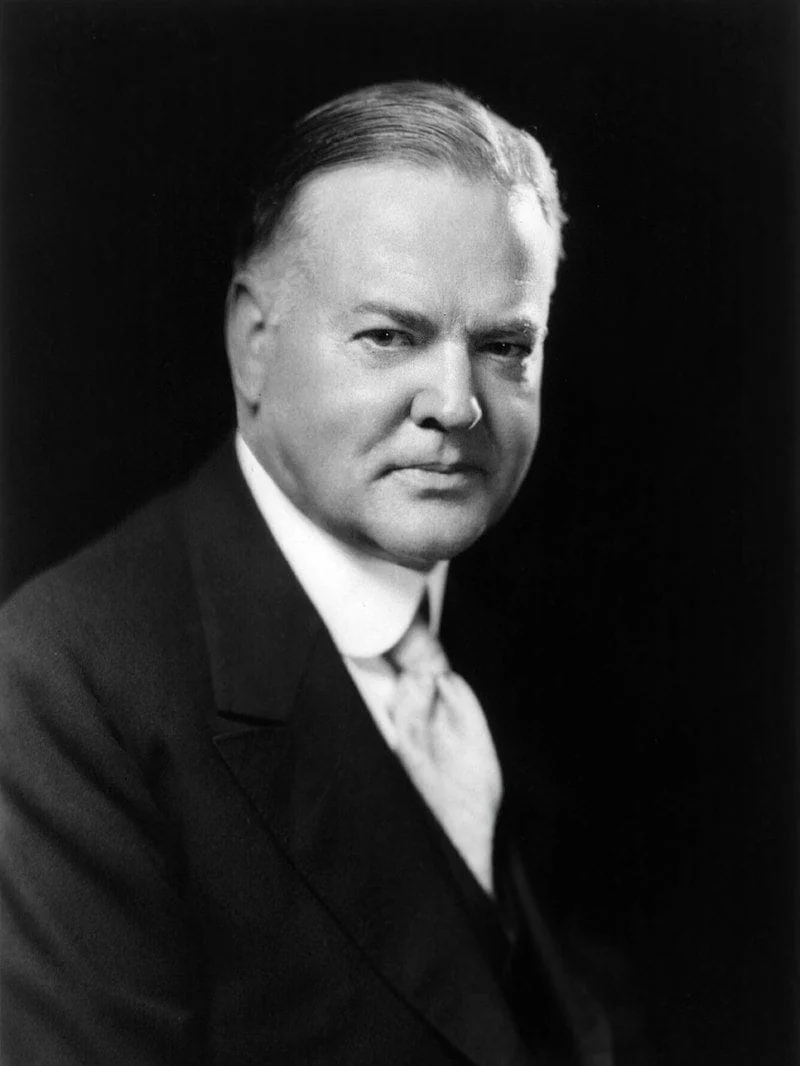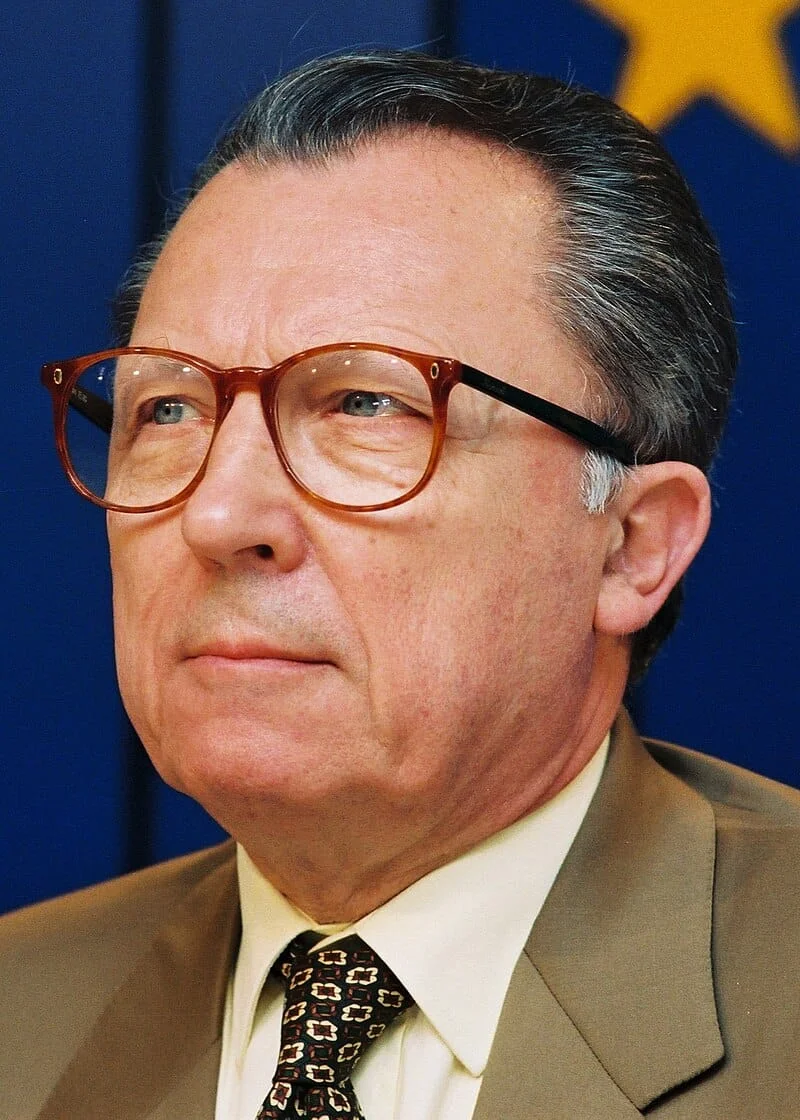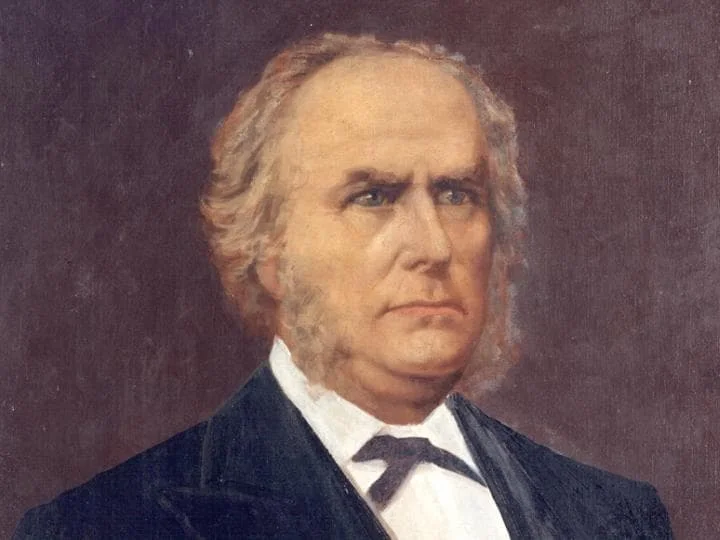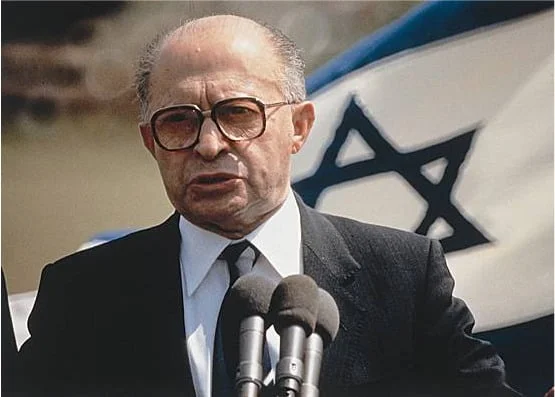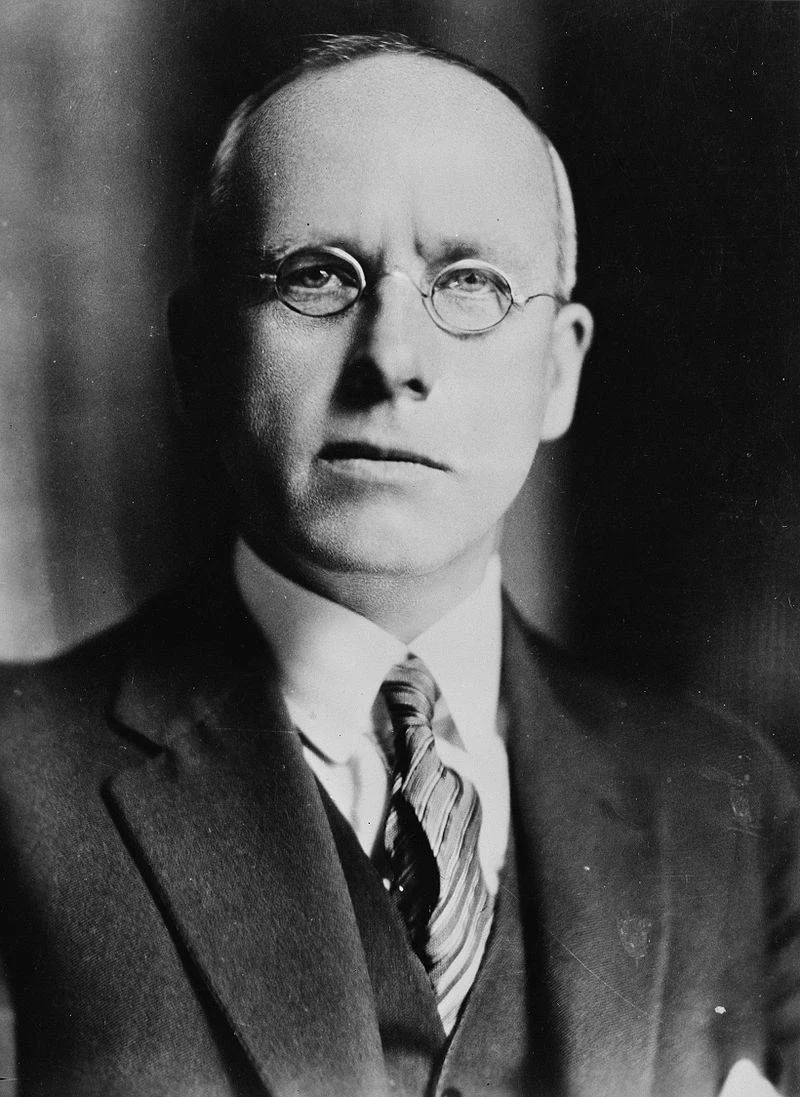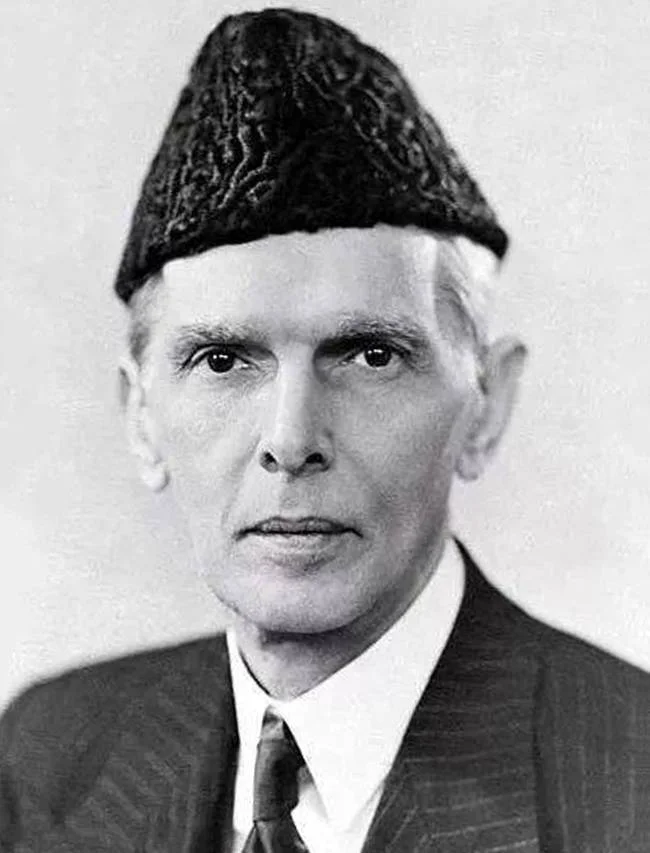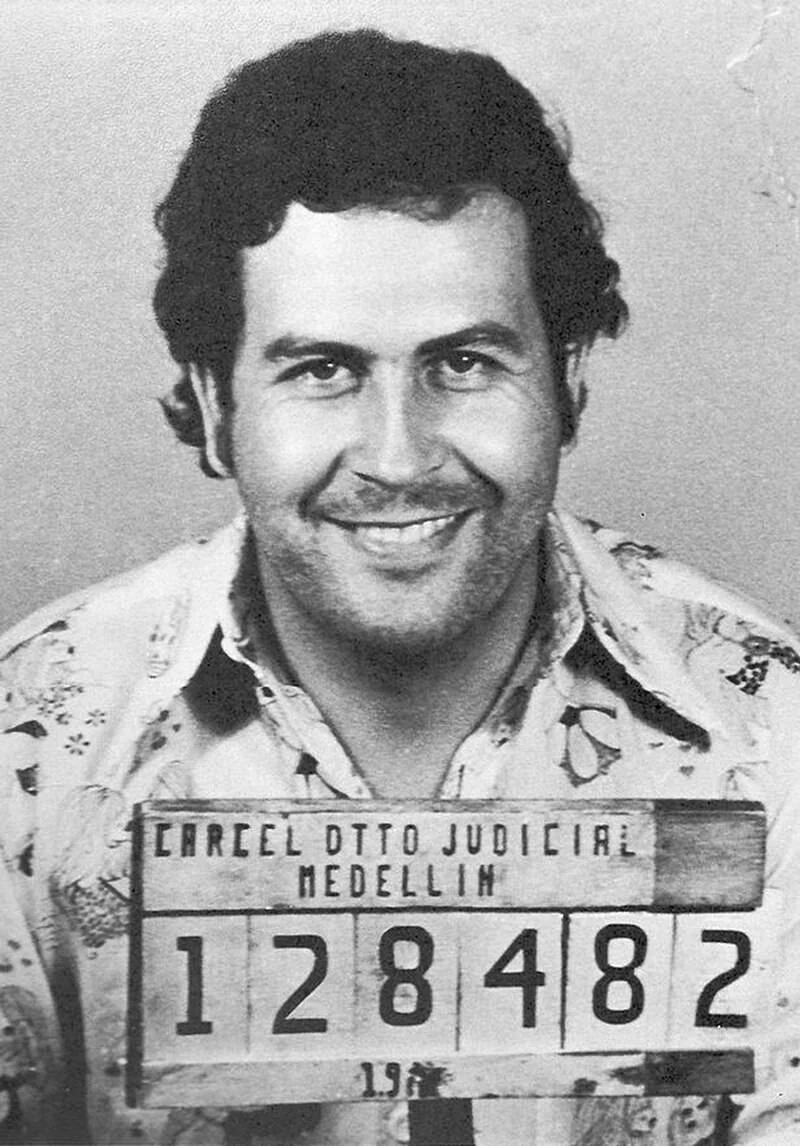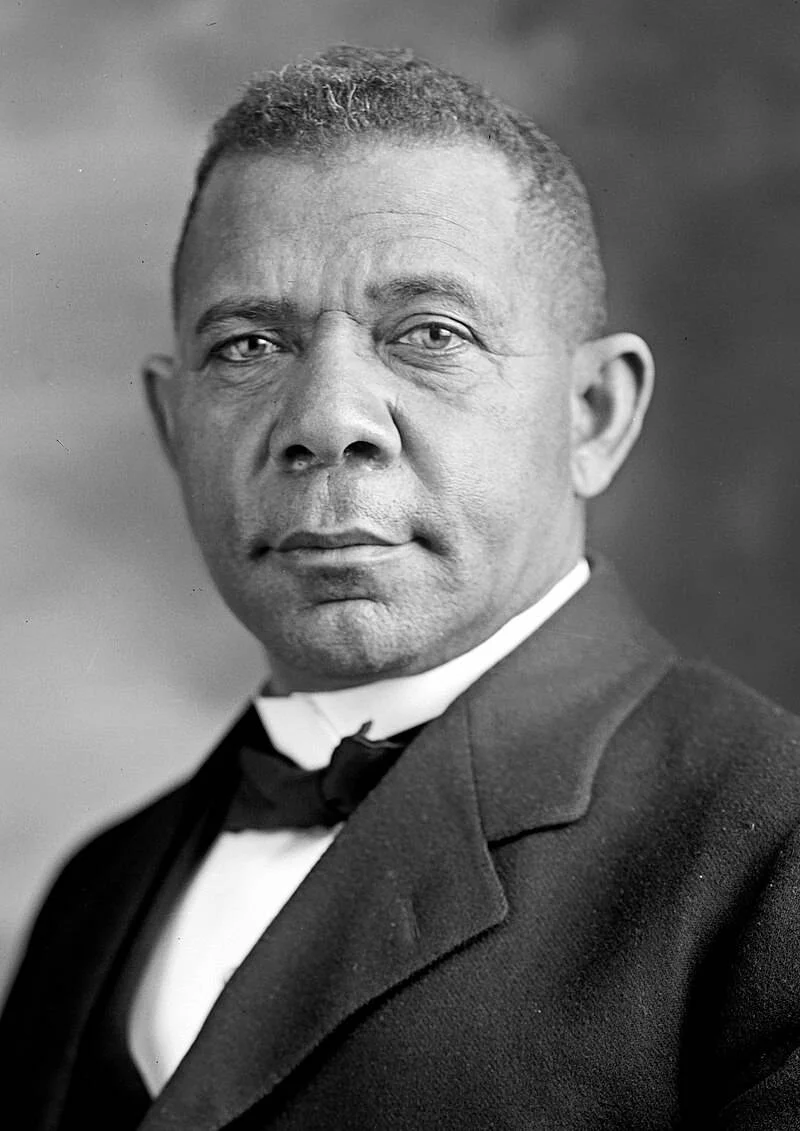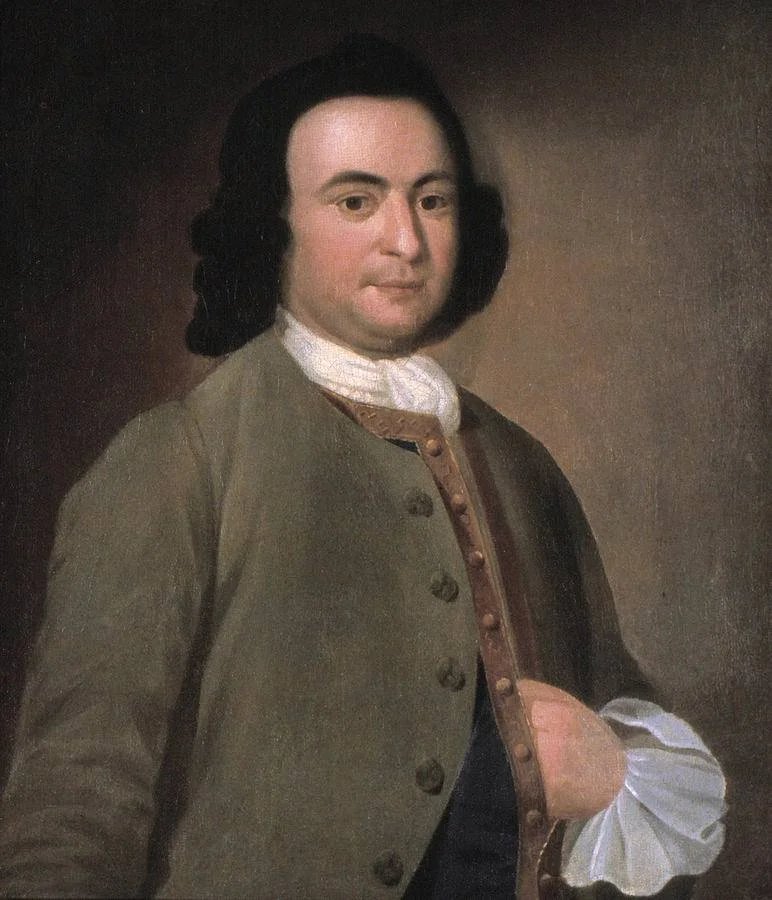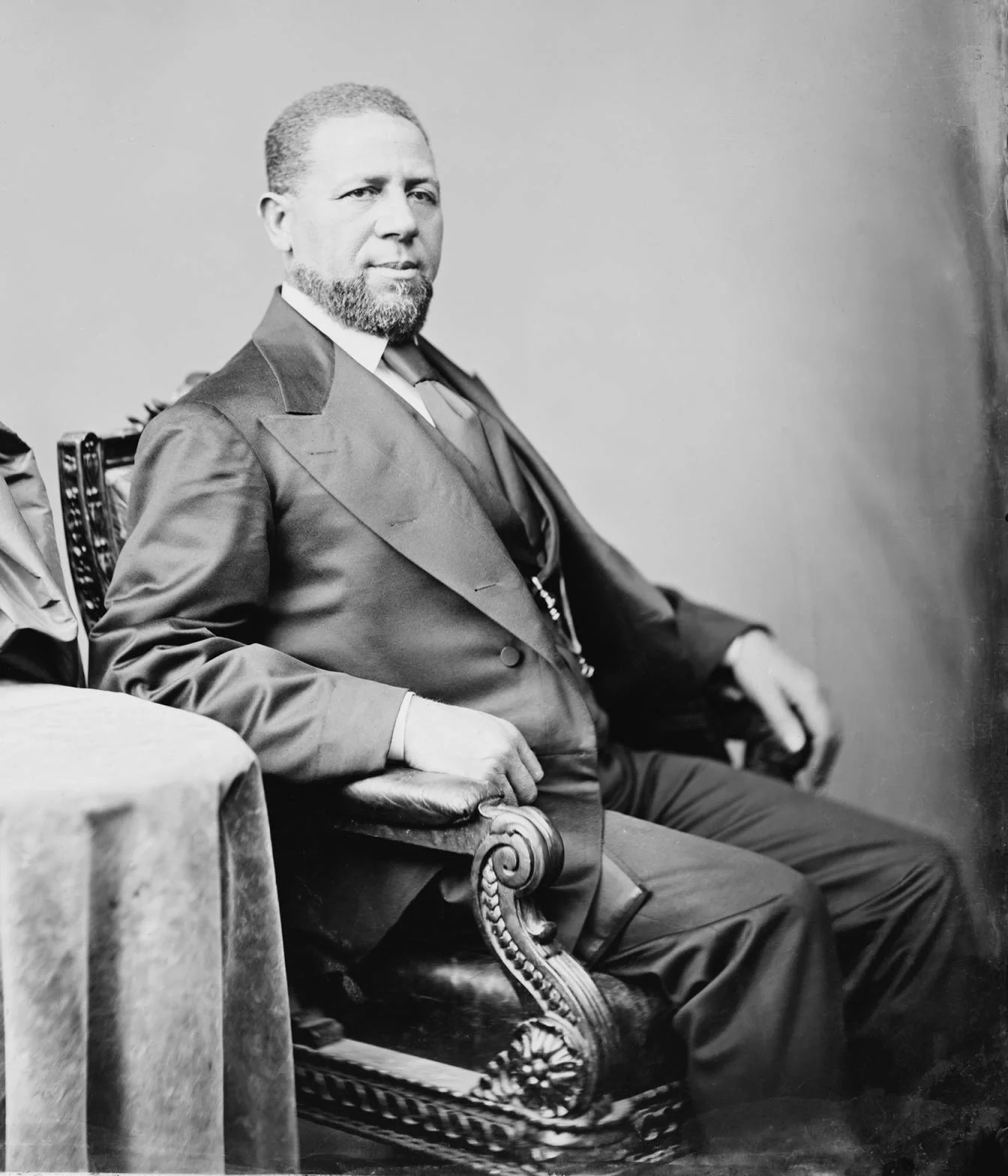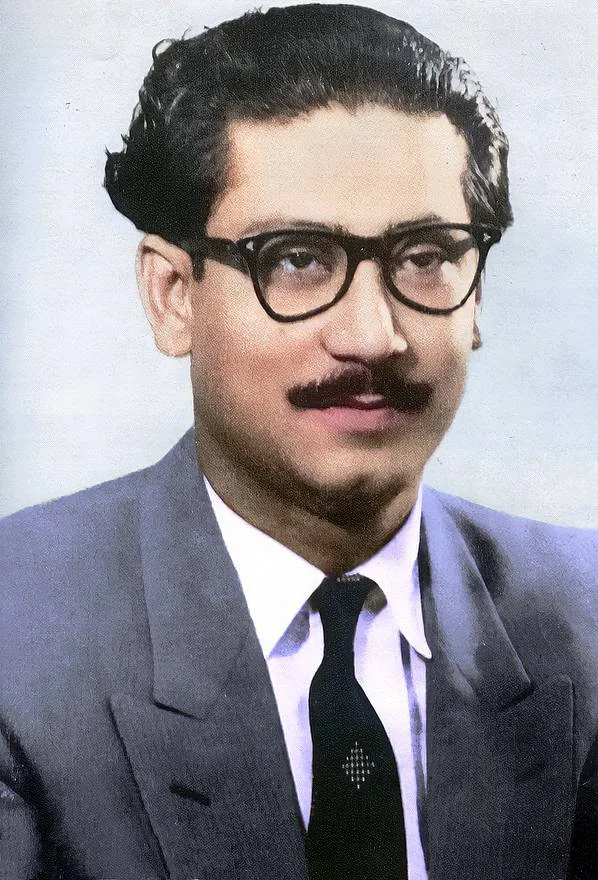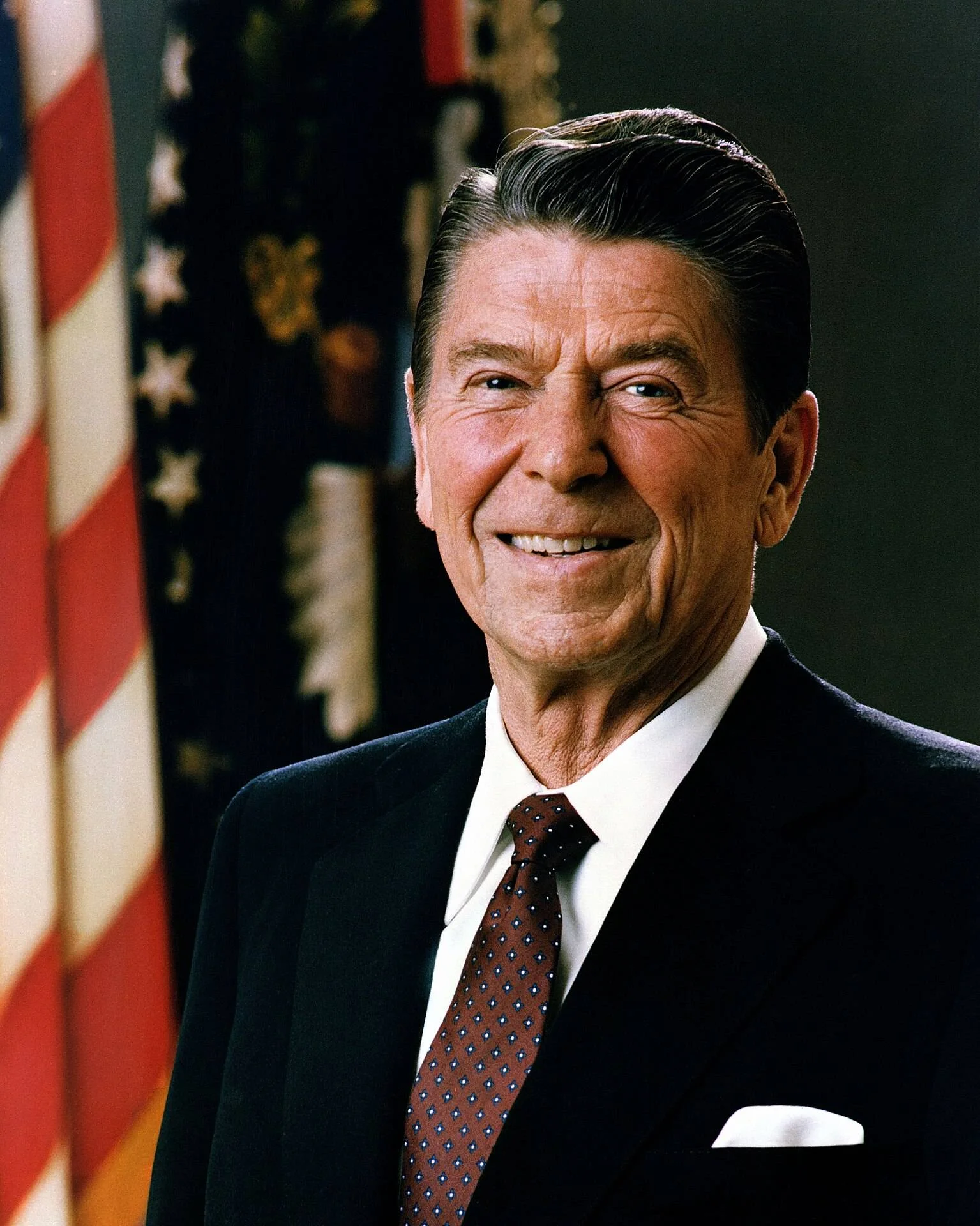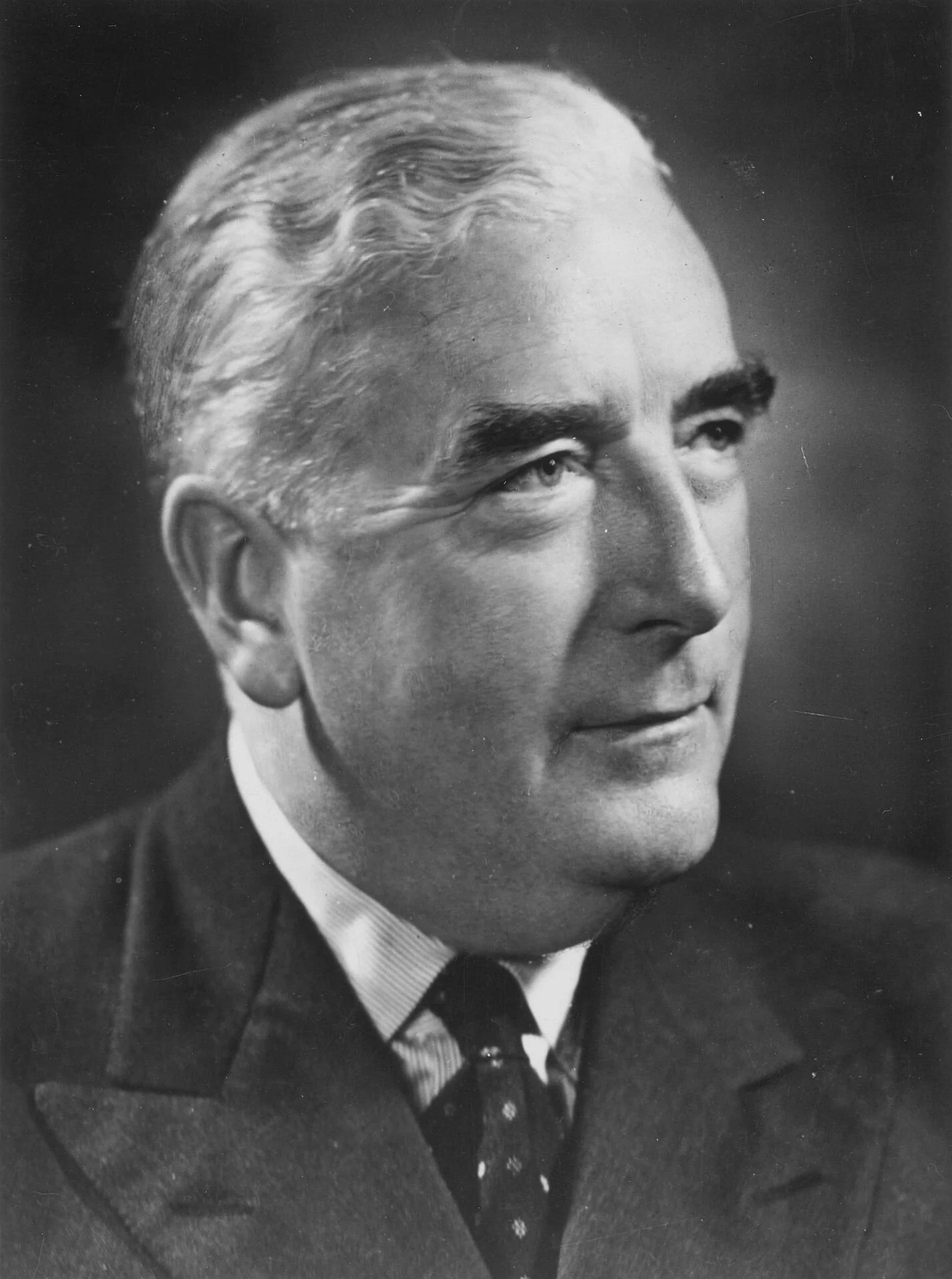Real Celebrities Never Die!
OR
Search For Past Celebrities Whose Birthday You Share
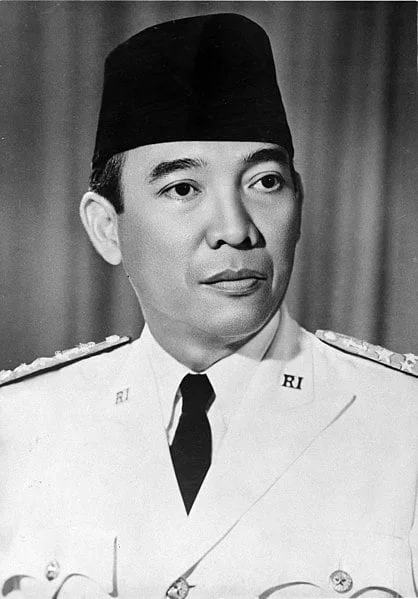
source:wikipedia.org
Sukarno / Bung Karno / Achmad Sukarno
Birthday:
06 Jun, 1901
Date of Death:
21 Jun, 1970
Cause of death:
Multiple organ Failure
Nationality:
Indonesian
Famous As:
Politician
Age at the time of death:
69
Sukarno's Quote's
Introduction to Sukarno
Sukarno, also known as Achmad Sukarno or Bung Karno, was an Indonesian statesman and the first President of Indonesia. Born on June 6, 1901, in Surabaya, Dutch East Indies (now Indonesia), Sukarno is regarded as the central figure in Indonesia’s struggle for independence from Dutch colonial rule. His leadership and contributions to the nation played a significant role in shaping modern Indonesia. He passed away on June 21, 1970, in Jakarta, Indonesia.
Early Life and Nationalist Spirit
Sukarno’s early years were marked by his strong nationalist spirit and desire for independence. He pursued his education in the Netherlands, where he was exposed to various political ideologies and became deeply interested in the ideas of socialism and anti-colonialism. Upon his return to Indonesia, he emerged as a prominent figure in the independence movement and quickly gained popularity among the masses with his charismatic personality and powerful oratory skills.
Proclamation of Independence
On August 17, 1945, Sukarno and Mohammad Hatta proclaimed Indonesia’s independence, and he became the inaugural President of the country. Under Sukarno’s leadership, Indonesia faced numerous challenges, including economic hardships, political conflicts, and attempts by foreign powers to undermine its sovereignty. Despite these difficulties, he remained a symbol of resistance and unity, rallying the Indonesian people and advocating for a united and independent nation.
The Ideology of Pancasila
Sukarno’s presidency was marked by his distinct ideology, known as “Pancasila”, which became the foundation of the Indonesian state. Pancasila emphasizes principles such as nationalism, democracy, social justice, and belief in God. Sukarno believed in a united Indonesia that welcomed diverse ethnicities and religions and sought to balance political and economic interests through a policy called “Guided Democracy.”
Charismatic Leadership and Oratory Skills
He was well-known for his fiery speeches and ability to connect with the Indonesian people. He used his charisma and public speaking skills to promote nationalism, decolonization, and unification, which resonated deeply with the masses. Sukarno’s speeches became a powerful tool in mobilizing the Indonesian people and garnering support for the independence movement.
Strengthening Indonesia’s National and International Identity
Throughout his presidency, Sukarno focused on strengthening Indonesia’s identity on both the national and international stages. He played a crucial role in organizing the non-aligned movement during the Cold War, advocating for neutrality and independence from the influence of global superpowers. Sukarno’s efforts earned him recognition and respect from leaders around the world, making him a prominent international figure.
Challenges and Controversies
However, Sukarno’s presidency also faced challenges and controversies. Economic struggles, political instability, and ideological conflicts within the government led to tensions and a deepening divide between different factions. In 1965, a failed coup attempt led to political turmoil, and Sukarno was eventually replaced by General Suharto, marking the end of his presidency.
Final Years and Death
Following his removal from power, Sukarno lived in isolation until his death. He passed away on June 21, 1970, in Jakarta, at the age of 69. The cause of his death has been attributed to numerous factors, including heart disease, kidney failure, and depression.
Legacy as the “Father of the Nation”
Despite his fall from power, Sukarno remains an influential figure in Indonesian history, revered as the “Father of the Nation” due to his role in the country’s struggle for independence.
Contributions and Recognition
Sukarno’s achievements and contributions to Indonesia are widely recognized. He played a pivotal role in the fight against colonialism, leading Indonesia to independence after centuries of Dutch rule. His ideology of Pancasila continues to serve as the philosophical foundation of Indonesia’s government and society. Sukarno received numerous domestic and international awards for his leadership and dedication to the cause of independence.
Name:
Sukarno
Popular Name:
Sukarno / Bung Karno / Achmad Sukarno
Gender:
Male
Cause of Death:
Multiple organ Failure
Spouse:
Place of Birth:
Surabaya, Dutch East Indies (now Indonesia),
Place of Death:
Jakarta, Indonesia
Occupation / Profession:
Personality Type
Protagonist: Charismatic and inspiring leaders, able to mesmerize their listeners. he was well known for his great leadership skills.
Sukarno hosted the historic Bandung Conference in 1955, which brought together leaders from 29 Asian and African countries
Sukarno introduced the concept of "Guided Democracy" in Indonesia,
Sukarno, the first President of Indonesia
Sukarno was a prominent figure in the Indonesian independence movement.
Independence Day Medal (Indonesia)
Lenin Peace Prize (1961)
Order of the Southern Cross (Brazil)
Order of the Star of Yugoslavia
Order of the Yugoslav Flag
Time magazine’s “Man of the Year” (1950)

